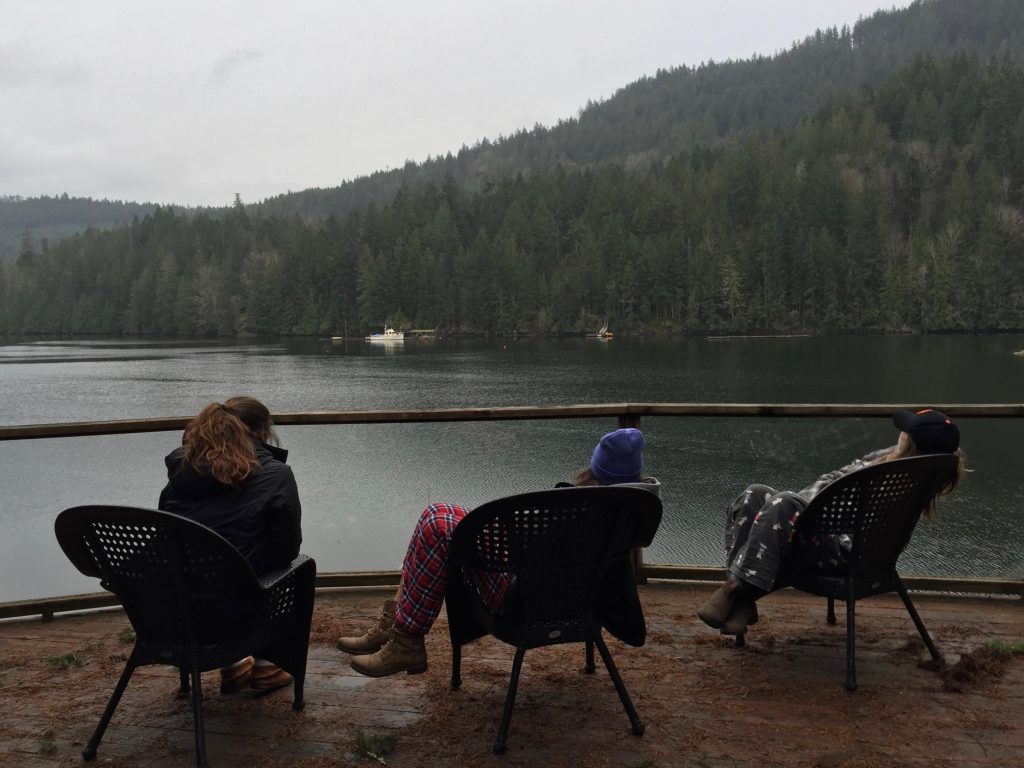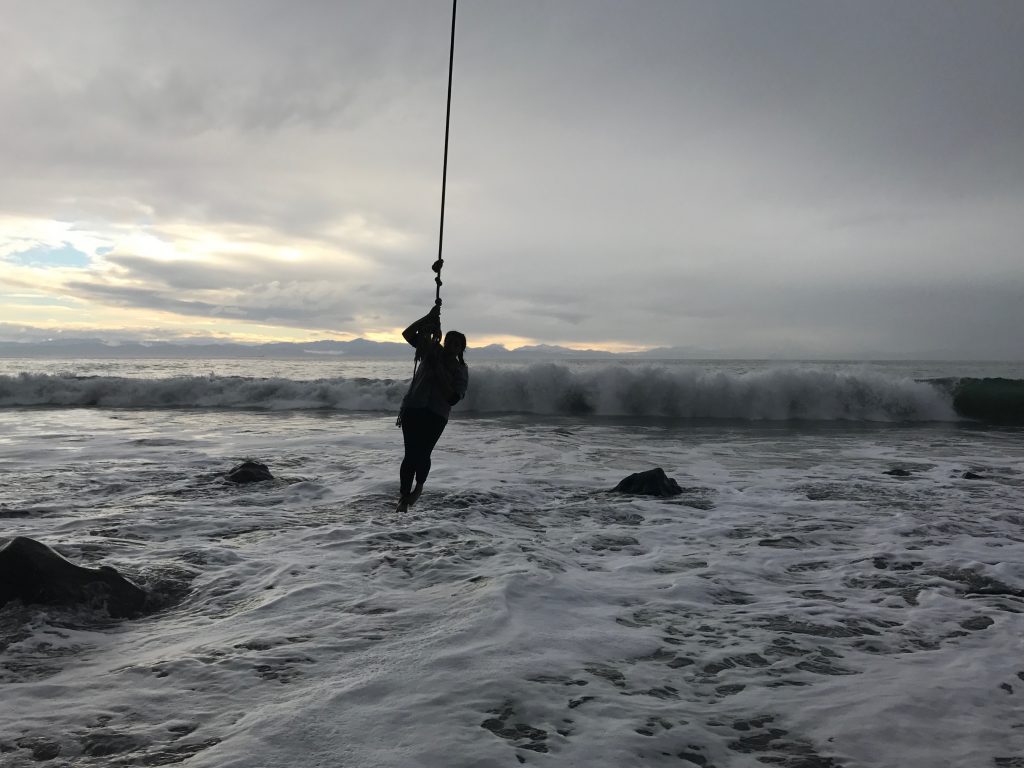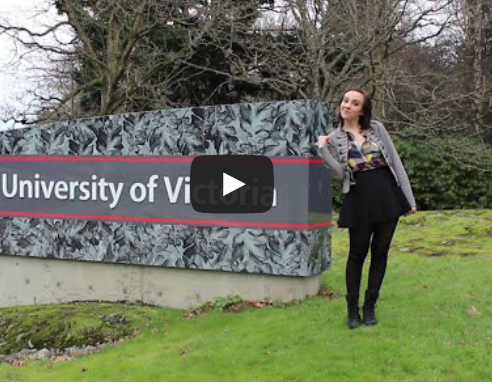Applying to UVic? Here’s what you might want to know.
While I scramble to finish final assignments for my classes here in Victoria, two of my little sisters at home in Vancouver are also scrambling to finish their own work: university applications. Their high school years are coming to a close, and they’re beginning to plan the next stage of their life.
For many, this is a big deal—and it can be scary! Life after high school holds a lot of unknowns, and you may have a lot of questions.
So, I asked some real-life seventeen-year-olds (my sisters and their friends) what their most pressing questions about university are, and I’m here today to give you the answers based on my own personal experiences here at UVic.
What was the experience like moving away from home?
For the most part, it was a breeze. I lived in residence my first year of university, which was a great way to move out of home: moved out but still not quite 100% on your own yet.
Even though it was a smooth transition, there were still times when I was lonely. In my second semester of first year, I struggled mental-health wise. Luckily, home wasn’t too far away, and I could (and would) easily catch the ferry over for a weekend to recharge.
If you find yourself struggling with moving away from home, tell someone! UVic has a great counselling service available free of charge to all students, and if you live in residence, your Community Leaders are always there to lend a helping hand. Once you start reaching out to people, you may find that others are experiencing the same thing, and you’re not alone.
What is the best way to make friends?
In first year, I made a lot of friends with the people in my residence building. If you’re not planning on living in residence, however, joining a club is a great way to get to know people with similar interests to you. UVic has so many different clubs and course unions, you’re sure to find someone you gel with.
In addition, sitting next to the same person in class is another great way to make friends. In my second year, I just happened to sit down in class next to a couple people who were in all my other classes that semester. I made a point to continue to sit with them in each class, and pretty soon I had a great group of friends in my classes.
Making friends in university takes a bit of effort, but the friendships that you make will be one of the highlights of your time in university.

My two roommates and I on a trip to the Sunshine Coast during reading break of our second year. Makenna, Alisha, and I met in our residence building in first year, and are still best friends and roommates five years later.
How does getting a degree actually work?
Each university has a slightly different way their students earn a degree. At UVic, each course you take is 1.5 units, and to earn a degree you must take (and pass) a minimum of 60 units. I’ve taken 4 classes each semester, which means I’ll take 10 semesters to complete 60 units, which adds up to about 5 years of courses.
Depending on what program you’re in, the courses you need to take will vary. For my program, Geography, I have to take a minimum amount of geography courses and the rest is pretty much up to me. My degree ends up being about 45% geography courses, 10% corequisites, and 45% electives.
To see what courses you may need to take for the program you’re interested in, you can check out this page on program requirements, and for more detailed information on how courses work, see this page.
How much studying do you need to do? How do you even study?
University does require a lot of studying. However, the amount of time you spend depends on the person and the subject. Some courses require more studying, and some courses require less. In my personal experience, I have found the workload of university manageable as long as I stay on top of my study habits and time management.
It takes a while to learn how to study and what works for you. Each person is different, as each person learns differently. What has worked best for me is to spend at least two hours in the library per day, even if I don’t really have much work to do.
One hugely important piece of advice: take breaks! If your brain is tired, you won’t be able to focus properly, and you could spend an entire day studying and not retain any information. Take breaks while studying and schedule off-days so you don’t get overwhelmed.

Taking breaks is just as important as getting work done! My friends and I often escape into nature to destress, seen here swinging away the stress of exams at Mystic Beach.
University will challenge you, show you things about yourself, and change you as a person. It’s one of the most rewarding experiences, and it’s not as scary as it may seem. You’ll learn as you go, and you’ll definitely have a lot of fun along the way!





Super helpful! Makes the thought of university so much less stressful!
Glad I could help ease some nerves!